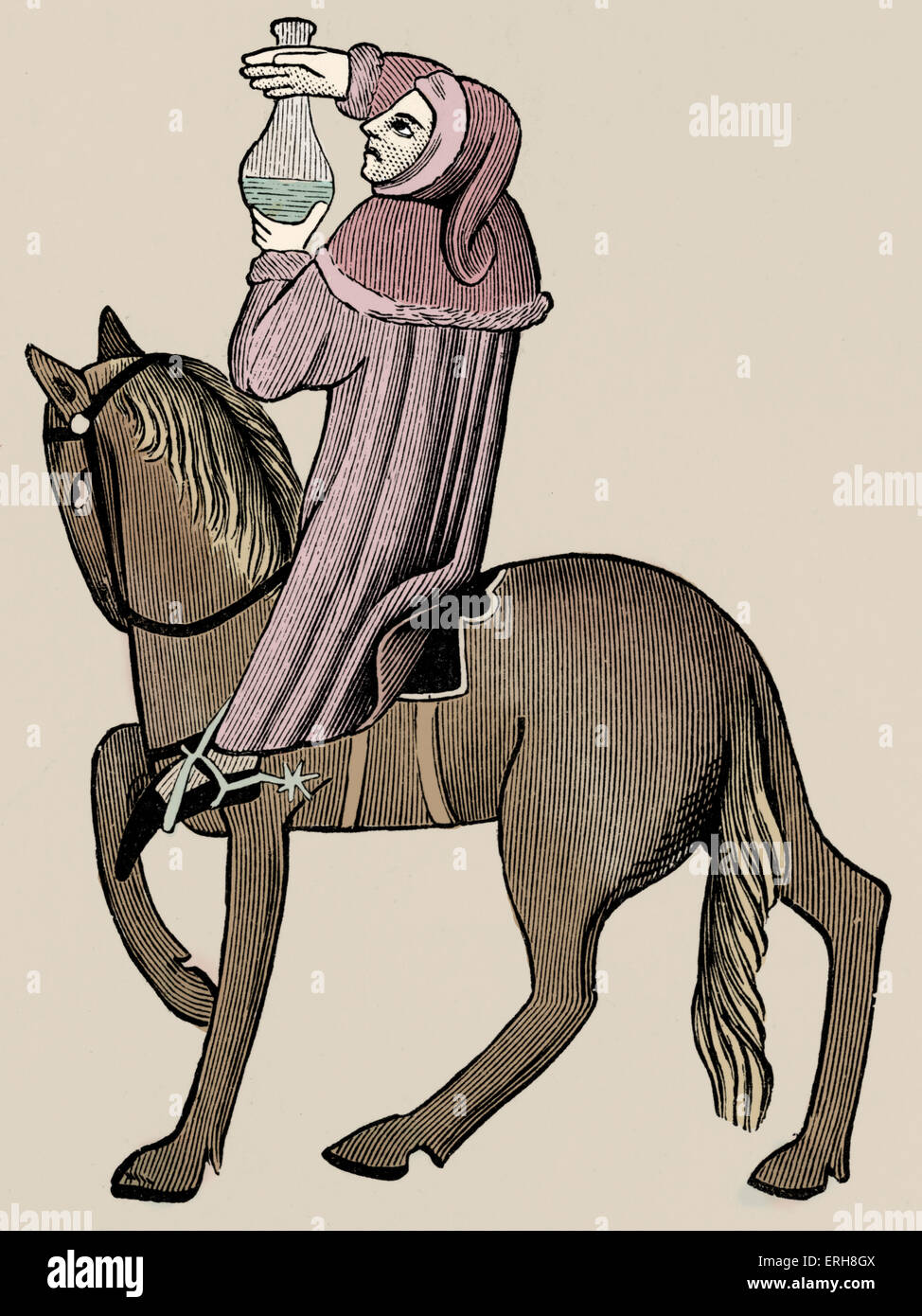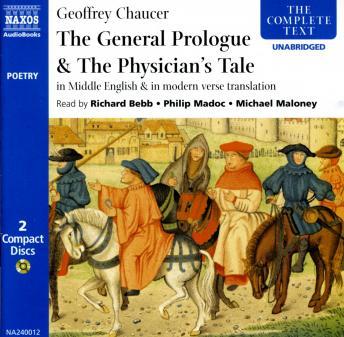

For some, it is part romance, part moral allegory, and part realistic horror. Many Chaucerian critics find this tale to be among the weakest, the least well constructed, and direly lacking in motivation. The Physician concludes his tale with the moral that "the wages of sin is Death" and let everyone forsake his sins. Claudius is to be hanged, but the knight pleads mercy and suggests exile instead. The judge orders the knight hanged for murder, but a throng of citizens, aroused by the Apius' treachery, imprisons the judge. Then she faints, and her father "smote off her head." Virginius returns to the judge and hands him Virginia's head. So do your will upon me ("Blissed be God, that I shal dye a mayde! / Yif me my deeth, er that I have a shame / Do with youre child youre wyl"). Virginia tells her father: "Blessed be God that I shall die a Maid (virgin), / I take my death rather than take my shame. She must, he says, accept either death or shame at the hands of Claudius and Apius. Virginius returns home and calls his daughter into his presence. Before Virginius can defend himself, the evil judge orders that the young girl be brought immediately to the court.

In court before Judge Appius, Claudius falsely accuses Virginius of having stolen a servant girl (Virginia) from his house many years ago and keeping her all these years, pretending that she is his daughter. He sends for the town's most disreputable blackguard, Claudius, and pays him to take part in a scheme to capture the girl. One morning, in town, a judge named Apius (or Appius) catches sight of the daughter, is smitten by her beauty and purity, and determines to have her at any cost. Virginius, a knight, has only one child, Virginia, whose beauty is beyond compare and who is endowed with all the other noble virtues. The Sovereignty of Marriage versus the Wife's Obedience.


 0 kommentar(er)
0 kommentar(er)
